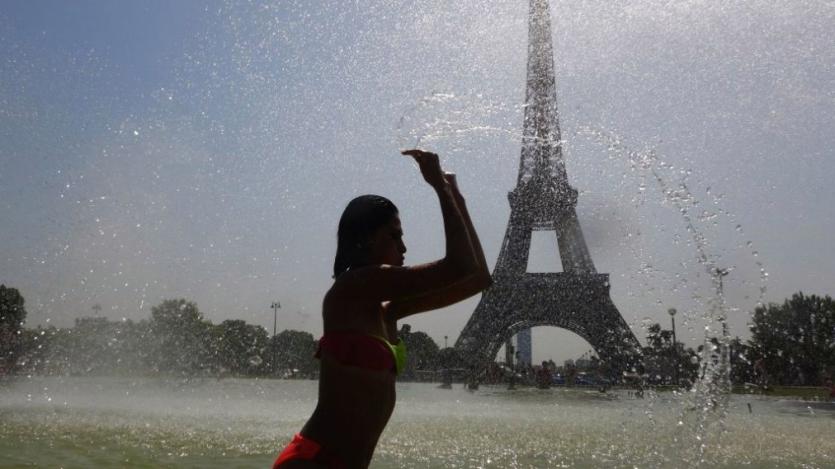European cities Broke Temperature Records in Europe's Heat Wave in July 2019
Worldwide heatwaves perpetuated by climate change
By Patryk Krych | The World Daily | AUGUST 11th 2020
Records were broken across the globe in the latest battering of summertime heatwaves, with many concerned over the implications they may have in regards to the ongoing issue of climate change.
Living today in England, under the third day of ceaseless heat that I’d only ever before experienced on the exotic island of Madeira, or the heated peninsula of Greece, it’s clear that something’s off. Temperatures are soaring and breaking records, and though some may remain in denial of these sometimes-subtle changes, it’s impossible to refute the facts:
Last week, in Baghdad, the temperature soared to a record-breaking 52 degrees Celsius. The highest temperature ever recorded in Iraq, all under the severe summer heat wave that’s been plaguing most of the world. The heat in Baghdad had led to power surges, forcing many in the city to endure and try to outlast the heat without their usual air conditioning.
The previously set record in Baghdad, for the hottest temperature, was back in June of 2015 when the heat soared up to 51 degrees Celsius.
The Middle East isn’t the only place suffering. Similar problems are being had in the Western world, such as in France, where firefighters recently had to help put out a fire that’d blackened an entire wheat field. The farmer’s combine harvester couldn’t be salvaged either.
Scientists say that fires in France’s crop fields and forests are a yearly occurrence, and one that’s well expected during the country’s summertime. However, they warn that the growing threat of climate change means that the danger zone of these fires has seen expansion, from France’s Southern regions, to its Northern ones. A most unnatural change.
In these regions near the border of Belgium, where the combine harvester was destroyed, farmers say that concern over fires is something entirely new for them.
“It’s an occurrence that we weren’t seeing four or five years ago here,” said Benoit Vaillant, a farmer who runs a different farm in the same region of Northern France, along with his family. He added that last year, the moisture of the straw he grows had dropped by 9%. “That means that the straw is drier than the Sahara air. And so you put a spark in there and it catches fire, and with a bit of wind, it’s fanned and stoked.”
Scientists also say that this year has seen some minorly good fortune, as the fires hadn’t seen any incline from last year. This July, however, was found to be the driest one in France’s history since 60 years ago. Despite this, the situation remains dire.






